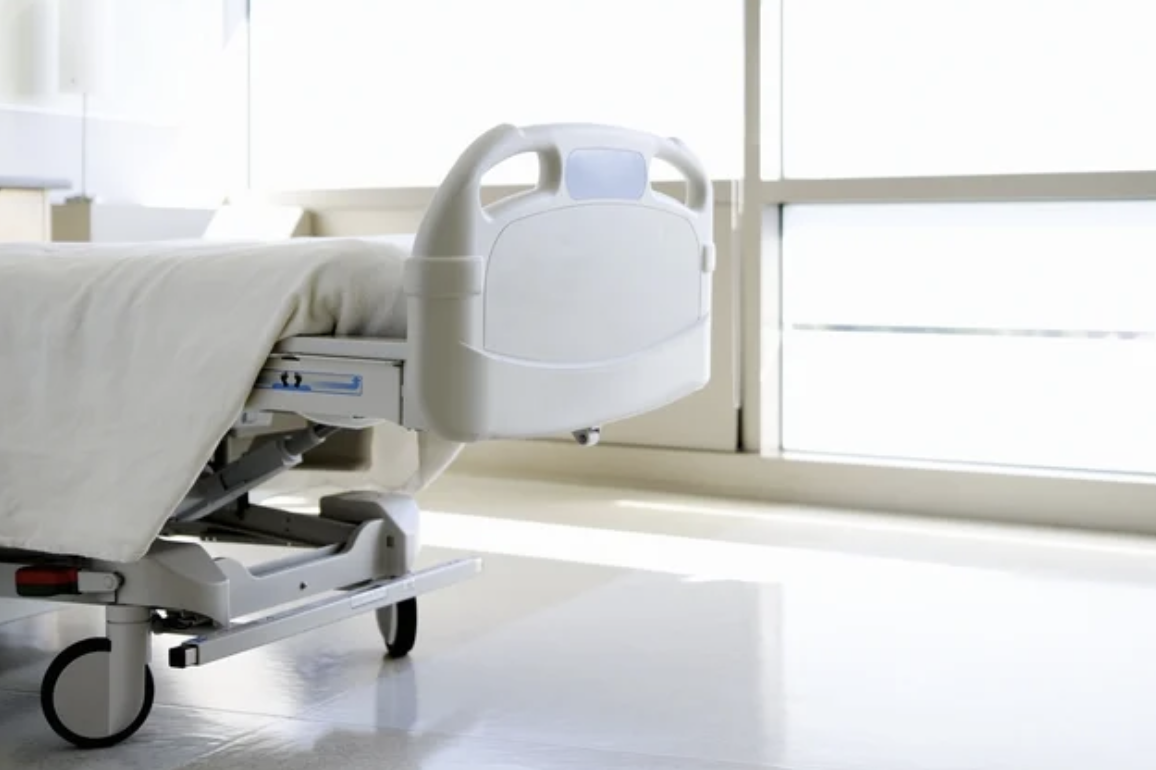A record €27.4bn health budget for 2026 will fund more staff, hospital beds, home support hours and digital health reforms. Critics say it falls short on capacity and staffing. €3.8bn is allocated to disability services, including residential places, home supports and higher allowances.
The Irish Government has announced a record health budget of €27.4 billion for 2026, with total health spending exceeding €27.3 billion including current and capital allocations. This marks a €1.5 billion (6.2%) increase on 2025, with day-to-day spending at €25.7 billion (up 5%) and capital investment at €1.5 billion. No new patient charges or eligibility extensions are planned, though a review of eligibility criteria will take place.
The funding will enable the recruitment of 3,300 additional health staff, allocation of €173 million for new and existing medicines, and improvements in acute hospital capacity, diagnostics, community services and infrastructure. Budget 2026 provides for 220–265 additional acute hospital beds, 280 community beds, 500 extra nursing home places, and 1.7 million additional home support hours. Investment will also support refurbishment of community nursing units, reduction of community waiting lists, growth of mental health services including CAMHS, suicide prevention and Traveller mental health initiatives, and expansion of primary care through a new pharmacy contract.
The Health Service Executive (HSE) must achieve €211 million in savings in 2026, on top of the €600 million savings required across 2024–2025. Savings are expected from productivity measures, reform of rostering, reduced agency staffing, and better management of waiting lists.
Minister for Public Expenditure Jack Chambers said the funding would support “progressive reform,” including decentralisation through Regional Health Areas, weekend and evening service extensions, enhanced financial governance, improved procurement, and digital health investments such as the HSE Health App, National Shared Care Record, and virtual wards.
However, the plan drew criticism. The Irish Medical Organisation (IMO) said the budget fails to prepare for population growth and ageing, and argued that 220 acute beds is insufficient given overcrowding and delays. The Irish Nurses and Midwives Organisation (INMO) said hiring 3,300 staff shows a lack of understanding of the “severe staffing crisis,” noting 6,000 funded posts remain unfilled.
Separately, €3.8 billion is allocated to disability services, including 250 new residential care places, more home support hours, respite sessions, increased disability allowance to €254 per week, and 1,400 post-school day-service places.





